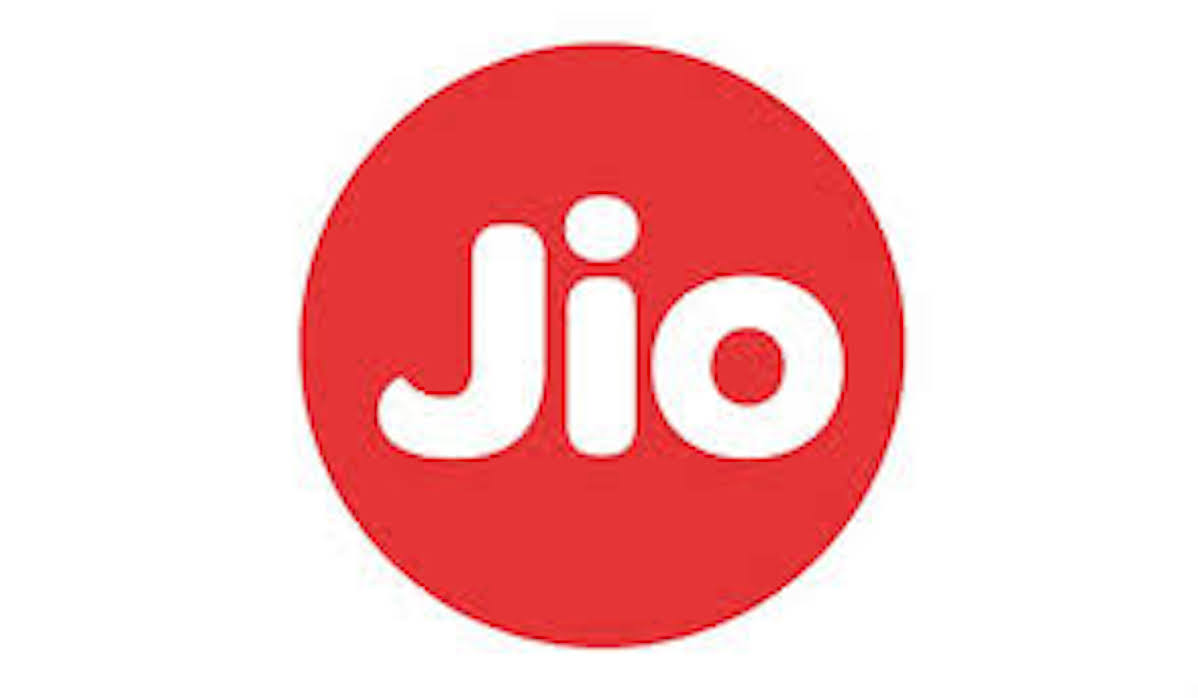Tarun Karthick
Port Blair, 22 April 2024
An ambitious project aimed at enhancing mobile connectivity in Andaman and Nicobar Islands has hit a snag as not a single tower has been installed by Reliance Jio Infocomm Limited (RJIL) in Nicobar District, despite commitments made under the agreement with Universal Service Obligation Fund (USOF). The delay has drawn sharp criticism, with tribal leaders expressing concern over the impact on their communities.
The agreement inked between USOF and RJIL on March 15, 2021, pledged to establish 82 towers to facilitate 4G mobile services across 85 identified villages with populations of at least 10 individuals. Additionally, 42 towers were earmarked to bridge connectivity gaps along national highway, with a budget of Rs 129.58 crore allocated for the endeavour.
As per the latest available update on the USOF website dated April 17, 2023, out of the 124 tower site survey reports submitted by RJIL, approvals were granted for 105 tower sites encompassing 58 villages and 47 national highway locations. The completion deadline was slated for May 14, 2023.
Despite progress along certain corridors, including the installation and activation of towers along National Highway-4 in North and Middle Andaman District, Nicobar District has been left overlooked. This discrepancy has raised concerns, particularly among tribal leaders who have submitted representations to authorities, highlighting the adverse consequences of the delay on their communities.
Reliance Jio’s failure to meet deadlines has resulted in multiple extensions granted by USOF, yet the promised infrastructure remains absent in Nicobar District. The absence of 4G mobile services exacerbates existing challenges in the region, hindering communication and connectivity for residents of unconnected villages.
In response to the persistent delays, calls for penalties against Reliance Jio have intensified, with stakeholders emphasizing the need for accountability and expeditious action to rectify the situation. The inability to fulfil contractual obligations on time not only undermines the objectives of the USOF-funded initiative but also compounds the digital divide in Nicobar District, underscoring the urgency for swift resolution and tangible progress.

